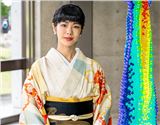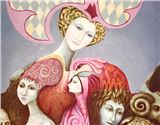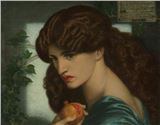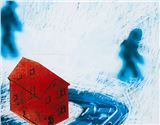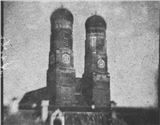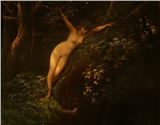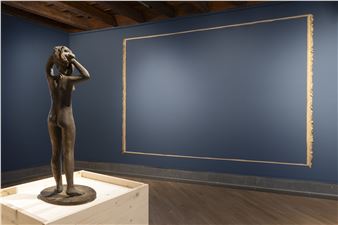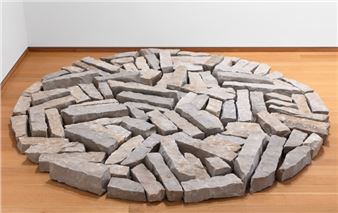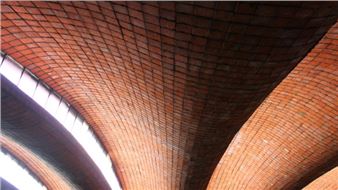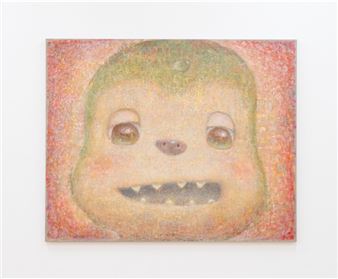Painting in Italy 1910s-1950s: Futurism, Abstraction, Concrete Art
Sperone Westwater is pleased to present Painting in Italy 1910s-1950s: Futurism, Abstraction, Concrete Art, a group exhibition of influential Italian painters working before, during and after World War II, curated by Gian Enzo Sperone. Featuring over 120 paintings spanning three major artistic movements, the exhibition illustrates the diversity and singularity of abstract art in Italy, seeking to afford more focused attention to a group of artists who revolutionized the historical sweep of painting in the context of interwar and postwar Europe and the United States.
This exhibition concerns three periods from the early 1910s through the late 1950s, beginning with Giacomo Balla and Enrico Prampoliniโs embrace of the Futurist manifesto and charting the development of Italian abstract painting under the growing political pressures of Fascism. The works on view are united in their vigorous challenge of the traditions of their time, each propelled by spirited experimentation and fervent revolutionary impulse. Often transcending the typical Futurist subject matter of racing car and mechanical city-scape, these works mark a distinct movement away from figuration as the primary vessel for an expression of feeling, instead investigating the emotional value of line, shape and color. As abstractionist painter Theo Van Doesburg expressed in 1930, โnothing is more tangible or more real than a line, a color, a surfaceโฆ in painting, a woman, a cow or a tree is more abstract, more unreal, more vague than a surface or a line.โ
Painting in Italy 1910s-1950s: Futurism, Abstraction, Concrete Art relays a complex historical account of the fraught relationship between art and politics in Italy during the interwar and postwar period, attesting to the bumps, curves, utopias and traumas experienced by an eclectic group of artists working to assert a new pictorial language by challenging the dominant tenets of their culture.

Recommended for you
Sperone Westwater is pleased to present Painting in Italy 1910s-1950s: Futurism, Abstraction, Concrete Art, a group exhibition of influential Italian painters working before, during and after World War II, curated by Gian Enzo Sperone. Featuring over 120 paintings spanning three major artistic movements, the exhibition illustrates the diversity and singularity of abstract art in Italy, seeking to afford more focused attention to a group of artists who revolutionized the historical sweep of painting in the context of interwar and postwar Europe and the United States.
This exhibition concerns three periods from the early 1910s through the late 1950s, beginning with Giacomo Balla and Enrico Prampoliniโs embrace of the Futurist manifesto and charting the development of Italian abstract painting under the growing political pressures of Fascism. The works on view are united in their vigorous challenge of the traditions of their time, each propelled by spirited experimentation and fervent revolutionary impulse. Often transcending the typical Futurist subject matter of racing car and mechanical city-scape, these works mark a distinct movement away from figuration as the primary vessel for an expression of feeling, instead investigating the emotional value of line, shape and color. As abstractionist painter Theo Van Doesburg expressed in 1930, โnothing is more tangible or more real than a line, a color, a surfaceโฆ in painting, a woman, a cow or a tree is more abstract, more unreal, more vague than a surface or a line.โ
Painting in Italy 1910s-1950s: Futurism, Abstraction, Concrete Art relays a complex historical account of the fraught relationship between art and politics in Italy during the interwar and postwar period, attesting to the bumps, curves, utopias and traumas experienced by an eclectic group of artists working to assert a new pictorial language by challenging the dominant tenets of their culture.
Artists on show
- Adriano Parisot
- Alberto Magnelli
- Albino Galvano
- Annibale Biglione
- Atanasio Soldati
- Augusto Garau
- Bruno Munari
- Carla Badiali
- Corrado Cagli
- Enrico Bordoni
- Enrico Prampolini
- Ettore Sottsass
- Ezio DโErrico
- Filippo Scroppo
- Fillìa
- Giacomo Balla
- Gianfranco Fasce
- Gianni Bertini
- Gianni Monnet
- Giulio Turcato
- Guglielmo Sansoni
- Ideo Pantaleoni
- Lucio Fontana
- Luigi Veronesi
- Manlio Rho
- Mario Nigro
- Mario Radice
- Mauro Reggiani
- Nicolaj Diulgheroff
- Nino di Salvatore
- Roberto Crippa
- Sante Monachesi

 ARTISTS
ARTISTS
